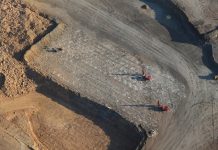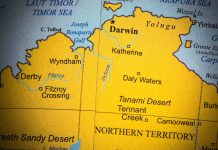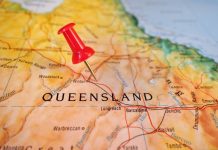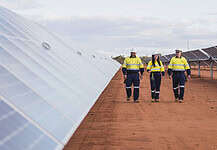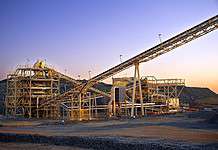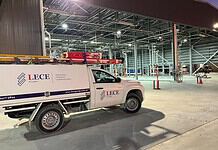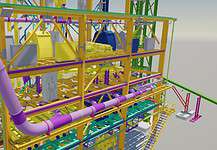THE Japanese Government has signed off on a new Basic Energy Plan that pledges to restart the nuclear reactors mothballed following the 2011
Fukushima meltdowns.
Prime Minister Shinzo Abe has moved away from the previous government’s zero-nuclear policy, which pledged to abolish all nuclear power plants by the 2030s.
The new Basic Energy Plan, which is revised every three years, said Japan would “reduce” the use of nuclear power to a level “as low as possible” by increasing the percentage of renewable energy. However, no specific targets were given.
The plan also described nuclear power as one of the key “base-load electricity sources”, and stated that the government would “promote reactivation of nuclear reactors” if they cleared safety tests prepared by the Nuclear Regulation Authority.
The paper also emphasised Japan’s heavy dependence on fossil fuels, and designated coal as an important long term energy source for the country. “(Japan’s) dependency on fossil fuels has increased to about 90 percent from the pre-(Fukushima) disaster level of 60 percent as far as electricity is concerned,” the paper stated.
Japan’s 10 power companies used 5.66 million metric tonnes of coal in January; a record for the month and 12 per cent more than the previous year, according to industry figures.
The last Basic Energy Plan, approved in June 2010, was more focussed on cutting carbon emissions, claiming Japan would aim to increase the use of nuclear and renewable energy to more than 50 percent by 2020, and about 70 percent over the following decade.

